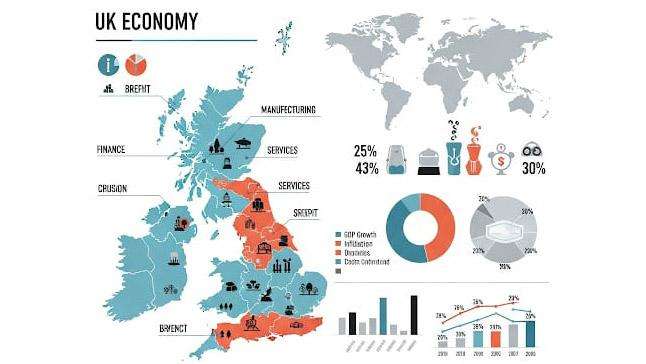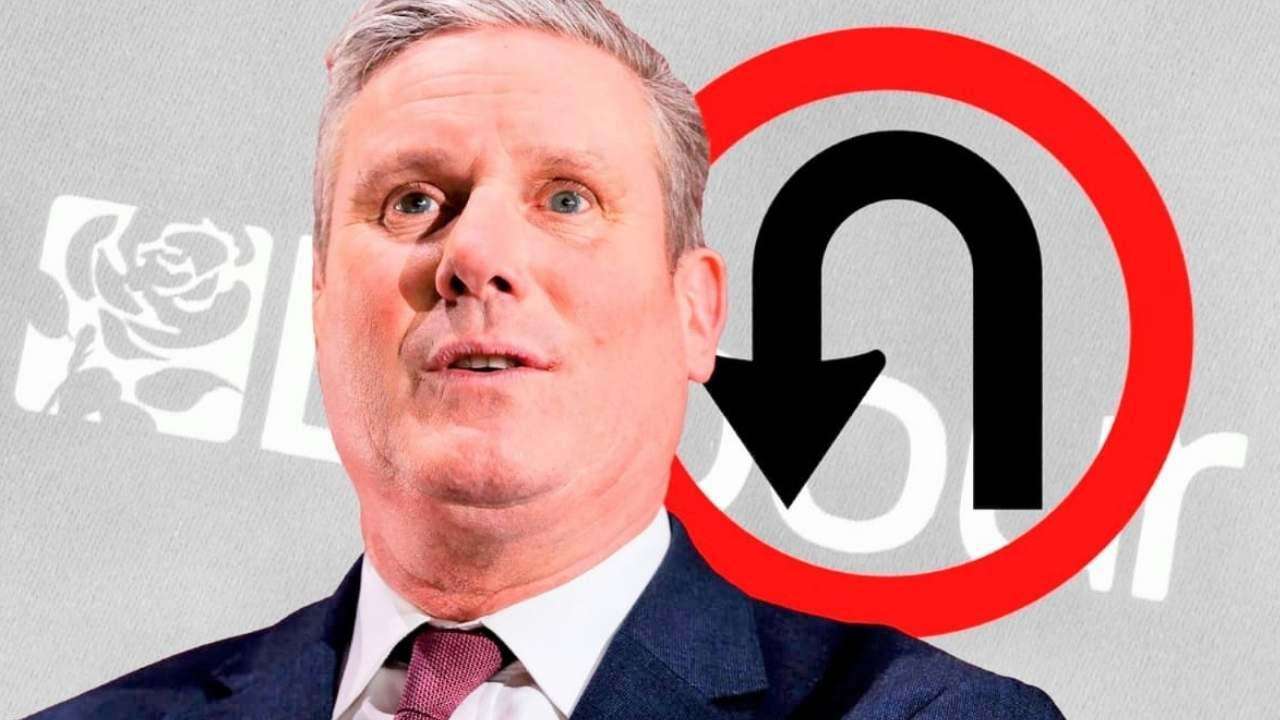Controversial anti-Islam activist Stephen Yaxley-Lennon, widely known as Tommy Robinson, is set for early release from prison this week. His 18-month sentence for contempt of court was reduced by four months after a High Court ruling, though the judge noted an "absence of contrition or remorse" despite a commitment to comply with previous orders. His freedom, however, is not without immediate legal hurdles, as he has been charged with harassment causing fear of violence against two men and is due to appear in court on June 5.
Robinson's release sparks renewed debate about his future political activities, his relationship with mainstream political movements, and the significant financial backing he receives from high-profile figures.
What's Next for Tommy Robinson? Eyeing a Renewed Campaign?
Following his early release, observers widely anticipate Tommy Robinson will immediately seek to reignite his long-standing focus on anti-Islam activism and criticism of immigration. His history suggests a predictable trajectory:
Intensified Online Presence: Expect a swift return to highly active online campaigning, leveraging platforms like X (formerly Twitter) and other social media channels to disseminate his views, especially given Elon Musk's public support. He often uses documentary-style videos and live streams to reach his audience, and this will likely be a primary vehicle for his message.
Targeted Public Demonstrations: Historically, Robinson has organized or participated in public demonstrations, often in areas with significant Muslim populations or in response to specific events he deems relevant to his cause. While legal restrictions may temper some of his actions, a return to such street-level activism, potentially drawing in far-right elements, remains a strong possibility.
Focus on Specific Narratives: His "political mission" will likely continue to center on what he terms "grooming gangs" (often with an anti-Muslim focus), perceived threats to "indigenous people," and a broad critique of what he views as failures of the British establishment and mainstream media. His recent book, "Manifesto," explicitly outlines these ideological stances and could form the basis for further commentary and campaigning.
Challenging the "System": Robinson often frames himself as a victim of the "system" and a voice for those he believes are ignored. His ongoing legal battles, including the new harassment charges, may be incorporated into this narrative, used to rally support and fundraise.
While he has previously attempted to present himself as a journalist, his actions and numerous legal challenges consistently position him as a far-right activist. There is currently no strong indication that Robinson intends to form another political party upon his release, though he has previously been involved with organizations like the English Defence League (EDL) and Pegida UK. His strategy is more likely to be one of influential activism rather than direct party politics.
Why the Anti-Immigration and Anti-Bangladeshi Stance?
Tommy Robinson's opposition to immigration and, in particular, segments of the Muslim community, including those of Bangladeshi heritage, stems from his core ideology which claims that certain immigrant groups pose a threat to British culture and security. His narratives often link immigration to issues like perceived Islamist extremism and social breakdown.
A notable example of this was when the English Defence League (EDL), co-founded by Robinson, attempted to march through East London in September 2011. East London, particularly areas like Tower Hamlets, has one of the UK's largest and most established Bangladeshi communities. According to the 2021 Census, 40% of its residents identified as Bangladeshi, making it a highly significant hub for the community. The planned march, ostensibly against "Islamic extremism," was widely seen as a direct provocation to the Bangladeshi and broader Muslim community in the area. It led to significant counter-protests and a massive police presence, resulting in the EDL being largely prevented from entering the heart of the community, highlighting the strong local opposition to their divisive agenda. This event underscored how Robinson's campaigns often target areas with high Muslim populations, frequently leading to community tension.
Indirect Links to Reform UK?
Despite persistent rumors, Reform UK's leader, Nigel Farage, has emphatically distanced the party from Tommy Robinson. Farage has repeatedly stated that Robinson will not be a member of Reform UK, emphasizing the party's ambition to win the next general election and stating that Robinson is "not what we need." Reform UK has also taken steps to remove candidates found to have expressed support for Robinson or other far-right figures.
However, perceived indirect links persist due to an overlap in some supporters' concerns regarding immigration and a critique of mainstream politics. Moreover, some Reform UK candidates have faced scrutiny for past social media posts sympathetic to Robinson, leading to internal vetting challenges for the party. Robinson himself has, at times, publicly urged his followers to vote for Reform UK, though this endorsement is not welcomed by the party's leadership.
Who is Funding Tommy Robinson? Elon Musk's Continued Support and Surprising Net Worth
A key aspect of Robinson's ongoing activities is his significant financial backing. The most prominent funder in recent times has been Elon Musk, the owner of Tesla and X (formerly Twitter). Musk has not only publicly called for Robinson's release from prison, posting "Free Tommy Robinson!" on X, but has has also reportedly provided substantial financial assistance for Robinson's legal fees.
Reports indicate that Musk could be contributing up to £120,000 for specific legal cases related to Robinson's treatment in prison and a "Terrorism Case." Robinson's team has publicly expressed "heartfelt gratitude" to Musk for this "unexpected and generous" support. This backing by one of the world's wealthiest individuals underscores Robinson's ability to maintain his platform despite legal setbacks and mainstream condemnation. Musk's rationale for supporting Robinson appears to stem from a belief that Robinson was "telling the truth" about certain societal issues, leading to criticism from British politicians and anti-extremism groups who accuse Musk of amplifying far-right and Islamophobic narratives.
Beyond this, the convicted criminal and anti-Islam campaigner is believed to have a surprising net worth of between £1 million and £2 million. According to The Guardian, Robinson reportedly has an international network of wealthy bankers and receives donations from across the globe, indicating a broad and sustained base of financial support that enables his continued activism.
Who is Tommy Robinson? A Brief Profile
Born Stephen Christopher Yaxley-Lennon in Luton in 1982, Tommy Robinson rose to prominence as a leading figure in the UK's far-right movement. His early life included working as an aircraft engineer before a conviction for assaulting a police officer led to a prison sentence. He adopted the pseudonym "Tommy Robinson," reportedly from a football hooligan.
His journey to becoming a prominent anti-Islam activist began with his co-founding of the English Defence League (EDL) in 2009. The EDL positioned itself as being "against radical Islam" and gained notoriety for its street demonstrations, often accompanied by clashes with anti-racism campaigners. While initially claiming to target only "Islamism" rather than Muslims, the group's rhetoric and actions were widely seen as Islamophobic. Robinson left the EDL in 2013, stating it had become too extreme, and later became involved with the UK chapter of the German anti-Muslim movement Pegida.
Robinson has faced numerous legal challenges, including convictions for contempt of court, public order offenses, and immigration-related charges. His activism is characterized by highly controversial claims, often aimed at exposing perceived threats from Islamist extremism and "grooming gangs," though his methods and accuracy have been widely criticized and led to libel cases against him. His early life experiences and specific incidents, such as perceived Islamist attempts to recruit individuals in his hometown, fueled his anti-Islam stance, making him a central and divisive figure in the UK's ongoing debates surrounding multiculturalism, immigration, and free speech.

.jpg)






.svg)

.jpg)
